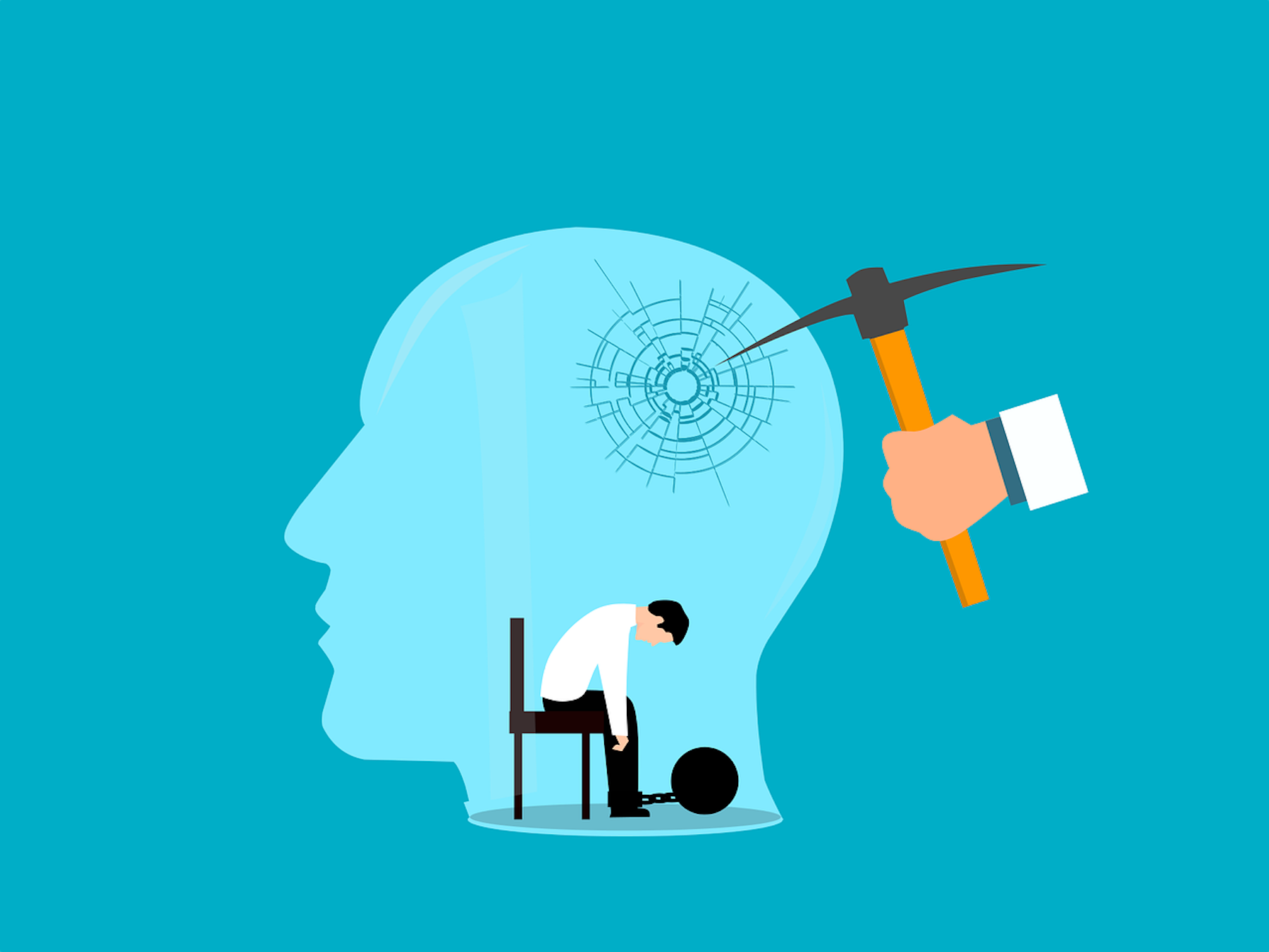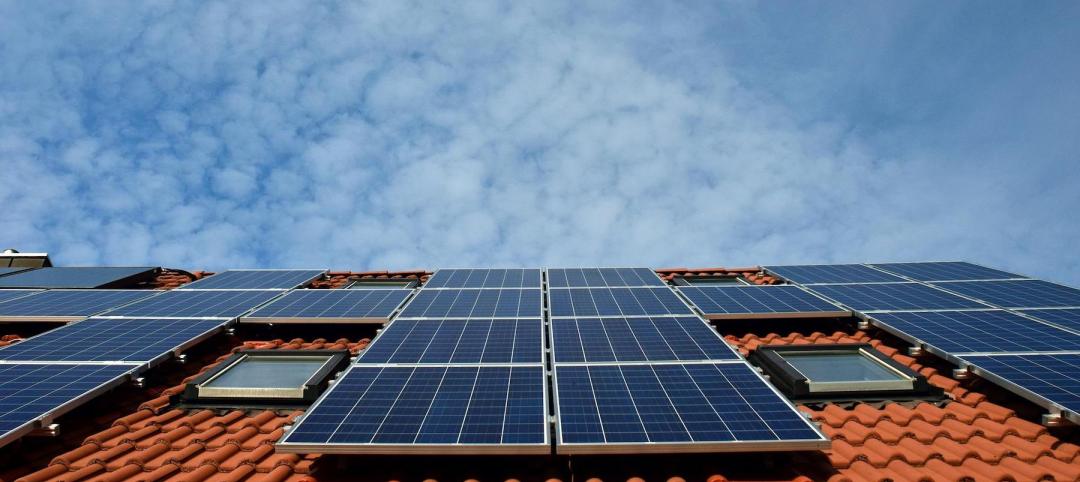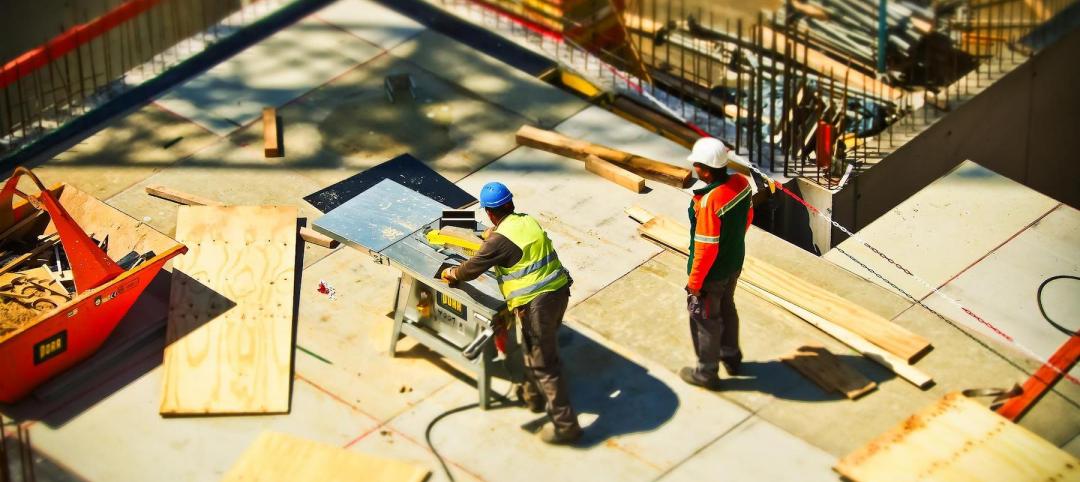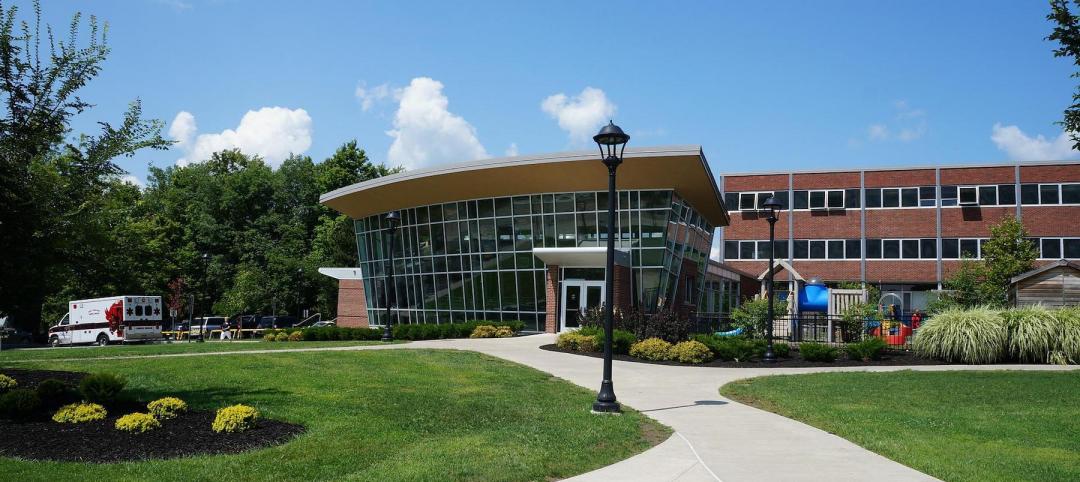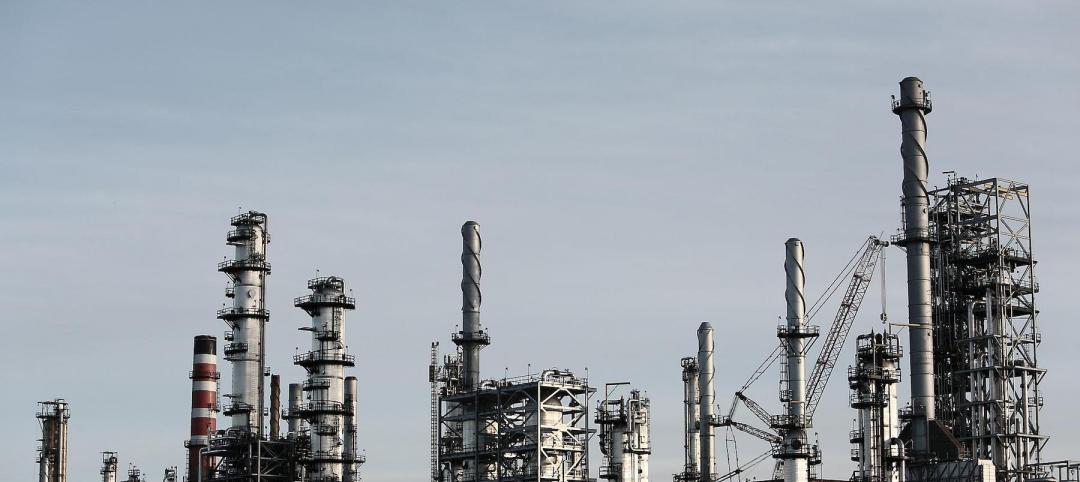Associated Builders and Contractors and the American Foundation for Suicide Prevention recently formed a partnership to address mental health and suicide prevention in the U.S. construction industry.
The partnership aims to improve the mental health of construction workers through effective suicide prevention education, intervention, and postvention strategies, as well as to encourage, equip, and empower mental health champions in the workforce, and introduce collaboration between ABC and AFSP chapters nationwide.
“Safety includes total human health—emotional, social, mental, intellectual, financial, occupational and spiritual wellness—and we must continue to raise the bar for safety for the construction workforce of more than 7.5 million,” said Greg Sizemore, ABC vice president of health, safety, environment, and workforce development, in a news release. “Our people are our greatest asset, and this partnership will take our total human health and safety practices to the next level. Going forward, this is the greatest opportunity to leverage and advance world-class safety for our people, both physically and mentally.”
The partnership will:
· Develop and disseminate education resources on mental health and suicide prevention in workplaces and find and take advantage of opportunities to engage workers.
· Support suicide prevention and postvention education in the construction workplace at all levels of the organizations’ chapters and membership.
· Participate in key events where worker safety and health, as well as safety and health practitioners’ and other professionals’ development are addressed.
· Promote and facilitate the transfer of relevant mental health and suicide prevention and postvention research and findings to practitioners and to the construction workforce.
· Share opportunities with ABC and AFSP chapters on supportive programs and events.
Related Stories
Codes and Standards | May 16, 2022
AIA releases Justice in the Built Environment guide
The American Institute of Architects (AIA) recently published a new supplementary edition of the Guides for Equitable Practice, titled “Justice in the Built Environment.”
Codes and Standards | May 12, 2022
Solar industry creates non-profit to remove barriers to clean energy deployment
The Solar Energy Industries Association (SEIA) is launching a 501(c)3 non-profit organization to accelerate the transition to carbon-free electricity.
Green Specifications | May 12, 2022
MG2’s Sustainable Materials Evaluation System
Learn how MG2’s Sustainable Materials Evaluation System helps clients, prospects, and staff choose the most environmentally feasible materials for their building projects. Candon Murphy, LEED GA, Assoc. IIDA, Design Lab Manager and Materials & Sustainability Specialist with MG2, speaks with BD+C Executive Editor Rob Cassidy.
Esports Arenas | May 11, 2022
Design firm Populous partners with esports company on digital art NFT collection
Design firm Populous and multidiscipline esports organization Kansas City Pioneers have partnered on a five-part NFT collection.
Market Data | May 10, 2022
Hybrid work could result in 20% less demand for office space
Global office demand could drop by between 10% and 20% as companies continue to develop policies around hybrid work arrangements, a Barclays analyst recently stated on CNBC.
Standards | May 9, 2022
New GSA standards set carbon limits on building materials for all major projects
New General Services Administration standards place limitations on high carbon-emitting building materials for all major projects under the GSA umbrella.
Higher Education | May 5, 2022
To keep pace with demand, higher ed will have to add 45,000 beds by year-end
The higher education residential sector will have to add 45,000 beds by the end of 2022 to keep pace with demand, according to a report by Humphreys & Partners Architects.
Legislation | May 4, 2022
Washington is first state to mandate all-electric heat for new large buildings
Washington recently became the first state to require all electric heat for new buildings.
Sponsored | Healthcare Facilities | May 3, 2022
Planning for hospital campus access that works for people
This course defines the elements of hospital campus access that are essential to promoting the efficient, stress-free movement of patients, staff, family, and visitors. Campus access elements include signage and wayfinding, parking facilities, transportation demand management, shuttle buses, curb access, valet parking management, roadways, and pedestrian walkways.
Codes and Standards | May 3, 2022
American Institute of Steel Construction updates environmental product declarations
The American Institute of Steel Construction has released updated environmental product declarations (EPDs) “to help designers and building owners design more environmentally friendly buildings and bridges,” according to an AISC news release.


